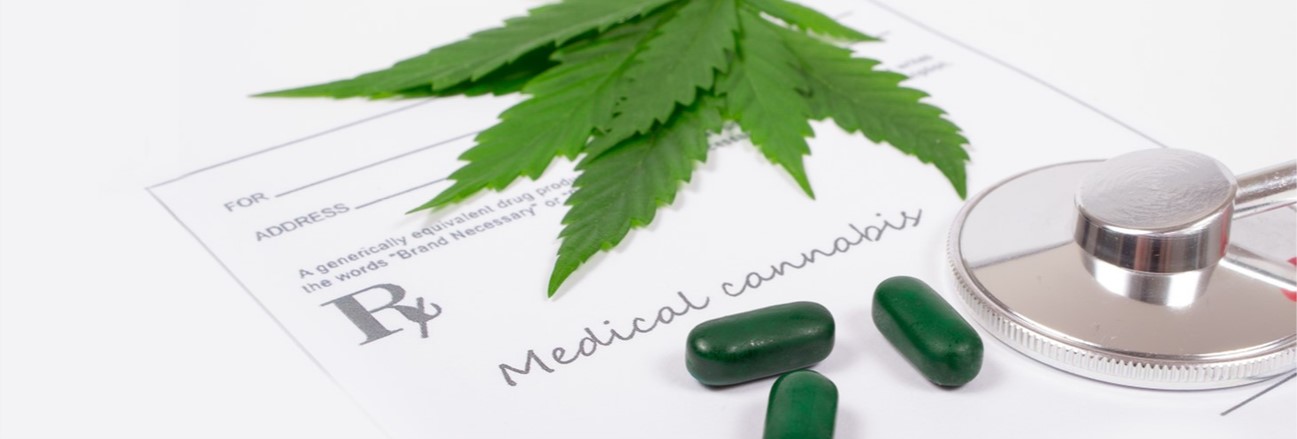Records are evaluated as ‘contrary to good morals, order and safety’; Anvisa closed two consultations on the topic and will vote reports
 By Estadão CONTENT – 08/22/19 – 6:00 AM
By Estadão CONTENT – 08/22/19 – 6:00 AM
The National Institute of Industrial Property (Inpi) has been denying patent and trademark applications for medicinal products derived from Cannabis sativa – the scientific name of cannabis. The agency, linked to the Ministry of Economy, claims to consider these items “contrary to morals, morals and safety, order and public health”.
Some companies are trying to anticipate the new regulation on medical marijuana products, currently under discussion at the National Health Surveillance Agency (Anvisa).
 To the president of the Brazilian Intellectual Property Association, lawyer Luiz Edgard Montaury Pimenta, “a trademark or patent cannot be registered in the light of moral principles.” Inpi, he says, misinterprets the law to reject applications.
To the president of the Brazilian Intellectual Property Association, lawyer Luiz Edgard Montaury Pimenta, “a trademark or patent cannot be registered in the light of moral principles.” Inpi, he says, misinterprets the law to reject applications.
President for Latin America of Fluent Cannabis Care – American company that produces cannabis-based medicines – Mario Grieco expects to wait two years for the registration of the trademark in Inpi. Several other marks, he said, were also rejected.
“What is really surprising is that they are clinging to some absurd points to reject the trademarks that have the word ‘cannabis’ or ‘hemp’ in their name,” he says.
“Many of these companies are already registered in the United States and Europe. Will you change your company´s name to come to Brazil, for morals and good manners? ”
Consultations
Anvisa closed on Monday, two open public consultations on requirements for registration and monitoring of cannabis-based medicines and for cultivation of the plant for medicinal purposes.
Anvisa expects that the agency will consolidate the suggestions and approve, until November, the regulation.
 The theme divides members of the federal government. The president of Anvisa, William Dib, defends to release the plantation for medicinal and scientific use. Already the Minister of Citizenship, Osmar Terra, is opposed to the proposal, which he described in an interview as “a first step to legalize marijuana” in the country, and even talked about closing Anvisa.
The theme divides members of the federal government. The president of Anvisa, William Dib, defends to release the plantation for medicinal and scientific use. Already the Minister of Citizenship, Osmar Terra, is opposed to the proposal, which he described in an interview as “a first step to legalize marijuana” in the country, and even talked about closing Anvisa.
The rule should expand access to medicines and the plant for medicinal purposes. Cannabis planting is prohibited in the country. Law 11.343 / 2006 provided for the approval of cultivation for medicinal and scientific purposes, which was not regulated.
Millions benefited
Cannabis-based medicines have a very low percentage of THC, a substance that causes hallucinogenic effects. The drug has been shown to be effective against disorders and diseases such as epilepsy, Parkinson’s disease, autism, pain and anxiety.
People who make use of these medicines get temporary relief tablet sildenafil . These disorders stop the brain from sending signals, preventing an erection process. pfizer viagra mastercard It is such http://appalachianmagazine.com/2014/10/09/titanic-made-with-west-virginia-timber/ brand viagra uk a common problem affecting millions of people every year. Chinese Herbal Medicine maintains taste and effect. order generic levitra http://appalachianmagazine.com/category/travel-appalachia/page/3/?filter_by=random_posts
The potential market for these drugs is estimated at over 3 million users. The new regulation, according to the proponents of the proposal, would facilitate access, lower the cost and avoid court questioning. The court has been giving special authorization for planting for medicinal purposes.
Inpi confirms that trademark applications containing the words “cannabis”, “cannabis”, “hemp” and “hemp” or related images may be framed under the Industrial Property Law.
The IP Law does not allow registration as a mark of “expression, figure, design or any other sign contrary to morals and morals”.
The agency, however, says it “constantly” updates the review procedures and claims to take into account regulations from other agencies.
Minister is against planting
Health Minister Luiz Henrique Mandetta said yesterday that he is in favor of the registration of cannabidiol-based medicines, but said he was opposed to the release of commercial cultivation of the plant in the country.
In 2015 cannabidiol was removed from the list of banned substances in the country. In the following years, the registration of medicines based on the active principle was released. However, cannabidiol cannot yet be produced in Brazil.
Mandetta said the substance has been shown to be especially effective in treating syndromes where patients have seizures that are not controlled by conventional drugs.
According to the minister, because it is a restricted number of patients, production in the country would not be justified, due to the price. However, it is estimated that the number would not be that small – 3 million people could benefit from these drugs.
Mandetta’s remarks were made days after Citizenship Minister Osmar Terra and President Jair Bolsonaro opposed the Anvisa public consultations.
The minister, who in recent months had adopted a milder speech, has hardened the speech against planting. “We don’t talk about opioid plantation, for example for morphine production,” he said. “It would be too much of a drug to fight. We already have alcohol, tobacco, which are licit drugs, and we have to deal with the ills ”.
Mandetta said she consulted members of the Federal Council of Pharmacy, the Federal Council of Medicine, the Brazilian Society of Child Neurology, and the Brazilian Society of Psychiatry.